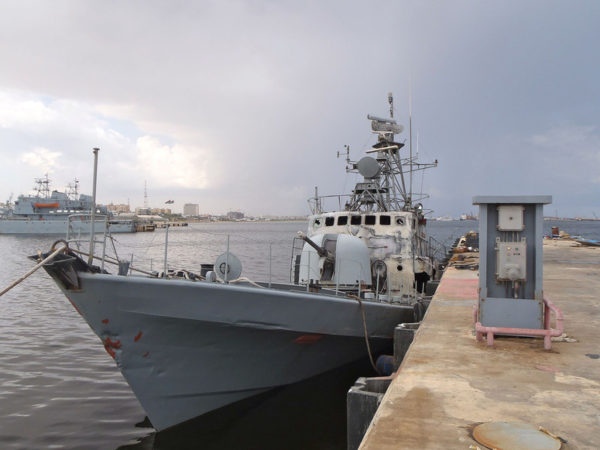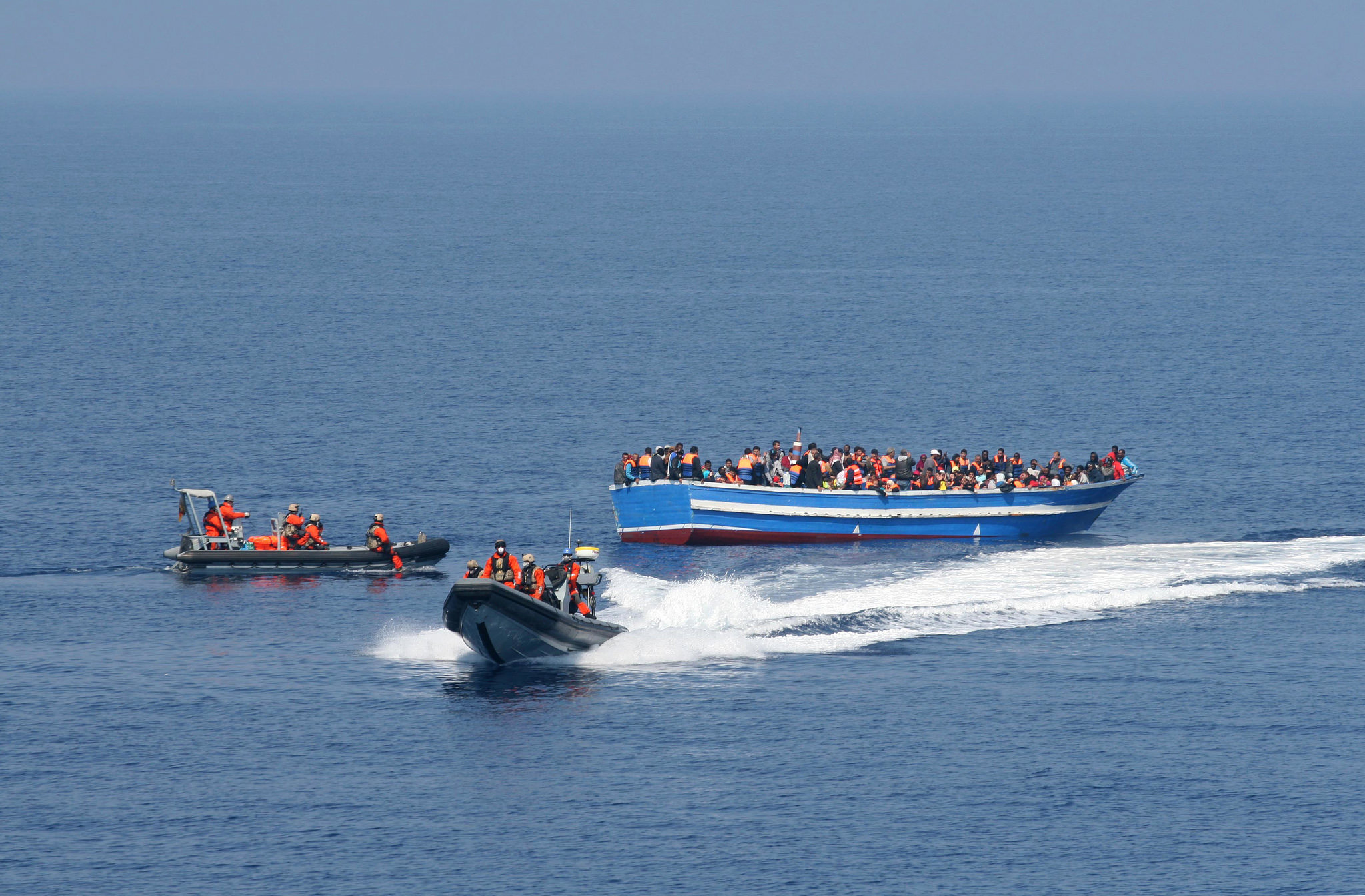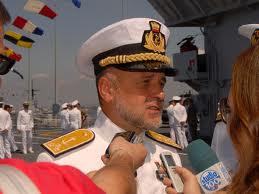Libya: Prime Minister El-Serraj's invitation to the Europeans called into question?

(BRUSSELS2) Contrary to appearances, there is not really a consensus within the Libyan Presidential Council on security issues (army, police, like coast guard). B2 had confirmation of this directly from one of the two members of the Libyan Presidential Council, opponents of the policy of Fayez El-Sarraj, on this point. Omar al-Aswad, who represents Zintan in the Presidential Council. A language that cuts and is interesting.
- Al-Aswad is not just anyone. After the fall of Gaddafi, he served in the transitional government, led by Prime Minister Abdel Rahim al-Kib, as interior minister. Under Gaddafi, he had been in charge in 2007-2008 of the fight against corruption, targeting a hundred members and personalities of the regime of the time (including Ahmed Miltig, today... vice-president of the Presidential Council... hence some stubborn grudges on both sides). Within the Presidential Council, he represents the city of Zintan, even if he intends " represent all Libyans ". Zintan is this city west of Tripoli, in the Djebel of Nefoussa, which took an active part in the fall of Gaddafi (Read: The rebels in Tripoli, the hardest part begins?) and is above all opposed to the Misrata militia. She was "expelled" from Tripoli after the airport battle in 2014. And, in a way, she is the western ally of General Haftar, present in the east of the country.
Basic safety principles not respected
Al-Aswad believes that certain "fundamental principles" are not respected, that the decisions on security and the Libyan army are not going in the right direction and that the letter from El-Sarraj asking for help from the European Union to train the coast guard and the security forces is nil. “This request is not valid. Because there was no consensus. Article 3 of the presidential agreement provides that any request for agreement must be made by consensus. That's the important word. »
Reorganize command before forming
On the merits, he affirms that he "has no hostility in principle" to resorting to aid from the European Union, if " we need it precisely and punctually ". But before setting up training, it is necessary to reorganize the coastguard corps which is an integral part of the Libyan navy, victim of the bombardments of the allies in 2011. It is “ an important force for the country. We have men and equipment. (...) I don't see any problem in training and equipping them (with the Europeans). Above all, they need real leadership (...). However, there is currently no will within the government to make them work together. “Another subject of concern for our interlocutor: “ make the right choice of men. We must not exclude those who have worked and are still working in this body. “His fear is to see certain men from the militias integrate this body, while the former coastguards remain” video games at home ».
The southern border, just as or even more important than the coast
The European strategy of concentrating on the coast is also open to criticism. " We have a very long coastline, it's true. But above all, we have 5000 km of borders in the desert, to the south and south-west, with five neighboring countries. This border must be secured. I said this to Federica Mogherini on January 8 in Tunis, during a meeting between the Presidential Council and EU ambassadors. Otherwise it's useless. It's like trying to clean a room while the water keeps coming. First you have to close the pipe... » A southern border through which not only illegal migrants pass but also weapons, luggage, money, etc. A border that greatly worries the countries of the Sahel, and France exposed on the front line in Mali, Niger and Chad.
(Nicolas Gros-Verheyde)
Read full interview: Army, police, coast guard… why I refuse the policy of El-Sarraj (Omar al-Aswad)


